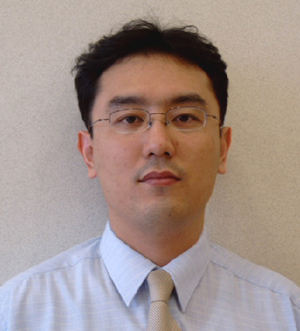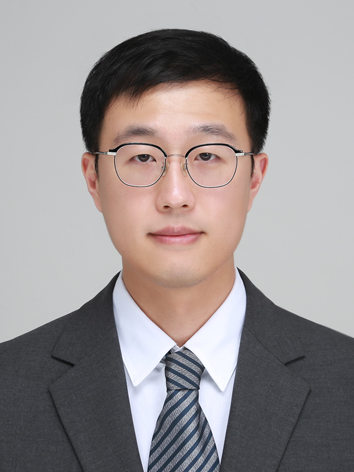Jeju National University’s School of Medicine has educated leading medical experts since it was first opened as the College of Medicine in 1998. The college was renamed to the Professional Graduate School of Medicine in 2008, and then again the current School of Medicine in 2019 to reflect the domestic and international educational environment as requested by students, faculty, and staff.
As the newest medical school approved in South Korea, the JNU School of Medicine has recently celebrated its 20th anniversary and entered a developing era. The school is located on Jeju Island, the nation’s largest island that has some of its most beautiful nature. The university’s facilities consist of the School of Medicine I and II, the first built inside the university’s campus, which has the pleasant environment, and the latter near the JNU Hospital, which is dubbed the hospital in the forest. The School of Medicine II has separate lecture rooms for each year of courses, along with the Clinical Skills Training Center, the Team-Based Learning Room, the Computer and Data Room, and the Men’s and Women’s Lounges. The university campus runs dormitory facilities for students from outside Jeju Island so they can stay focused on their schoolwork. There is also Sodeokheon near the JNU Hospital, which is a dormitory used only by the third- and fourth-year students of the School of Medicine who require clinical training. As the Korean Health Personal License Examination prioritizes performance test results, the school remodeled its Clinical Skills Training Center in 2019 to help students enhance their performance capacity and practice their skills in a facility that is similar to the national testing site. Students with financial issues are also entitled to receive various scholarships. Only 40 students a year are admitted to the course, which offers them the highest quality of education taught by passionate professors and staff members.
The School of Medicine has the vision of elevating the standards of medical education to lay the cornerstone for improving the healthcare conditions of the local community through supplying proficient healthcare professionals. Under this vision, the school has worked to educate medical experts with the greatest understanding of how to conduct research and to treat patients while fostering them to be good people, who can lead the local, national, and global healthcare industries.
The School of Medicine is evaluated by the Korean Institute of Medical Education and Evaluation. In 2015, the school won the highest rating medical education institution can receive.
To educate competent medical doctors and scientists from different backgrounds, the school offers not only regular lectures but also other forms of education, such as problem-based learning, team-based learning, case-based learning, and role play learning. Additionally, the school has strengthened its medical ethics course to help improve communication between doctors and patients. To this end, professors are also educated on the most up-to-date pedagogies. Throughout the historical changes in the school system, the faculty experienced more curricula and courses than any other medical school in the nation and have worked to enhance the school’s educational system.
By attending the School of Medicine, students can nurture their medical skills to properly treat patients, grow as individuals to provide the best care possible to their patients and family members, and become leaders who advance the local and national medical science industries.














 예비대학생
예비대학생 재학생
재학생 졸업생
졸업생 일반인
일반인 교직원
교직원